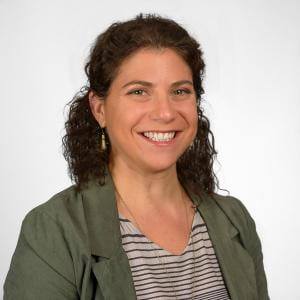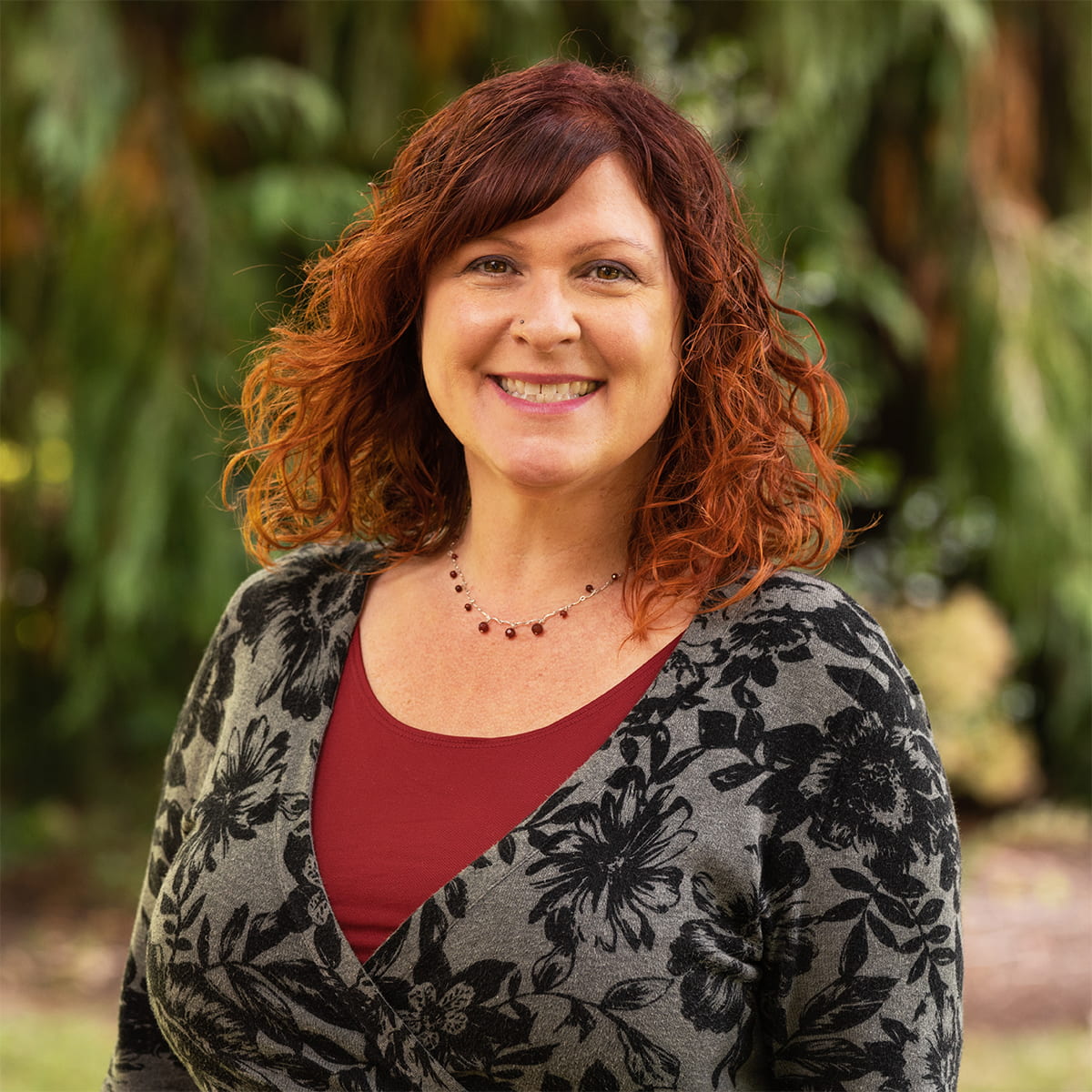According to the Bureau of Labor Statistics, essential workers represent 34-43% of the U.S. workforce. They earn low wages, have insecure or no benefits, and struggle with the most precarious job security and working conditions of any segment of American labor. Many have limited access to financial, health, legal, and familial support systems while they risk their lives keeping the country afloat during the pandemic. In Oregon, these ironies are especially dangerous for recent Latinx immigrants from Mexico and Central America—including one of the fastest growing indigenous Mayan Mam populations in the U.S.—who remain undocumented or on migrant-labor visas. The interrelated crises of systemic racism, climate change, and the pandemic make clear to us that we need new ways to map, visualize, and imagine the PNW in order to prepare strategically for just transitions that address economic dignity, immigrant rights, and the integrity of our climate.
Projects
PNW Atlas of Essential Work
This digital publication is a joint project with our institutional partners (University of Idaho, Whitman College, and Heritage University). UO hosted and designed the Atlas. To complement efforts to foster community-engaged pedagogies by the UO Office of Sustainability and Student Sustainability Center, a multidisciplinary UO team designed the PNW Atlas of Essential Work. This Atlas includes histories and speculative futures of essential work, with an emphasis on the histories and stories of BIPoC workers who sustain our regional economy. Our purpose is to empower BIPoC students to share their stories; support faculty in developing racial justice-focused courses and project-based learning; and center Participatory-Action-Research methods and collaborative digital design to create an audiovisual epic of PNW race and labor histories—and futures.
Project collaborators represent: the Center for Environmental Futures; School for Architecture and Environment; Planning, Public Policy, and Management; Office of Sustainability; the Labor Education and Research Center (LERC); and the InfoGraphics Lab. Groundwork for the Atlas was laid through a CEF symposium about PNW essential workers in the time of COVID-19, held in October 2020, and consultations with the Research Action Design (RAD) collective, which specializes in participatory design and community-led research with BIPOC communities. UO Libraries’ Digital Scholarship Services will support proper access, preservation, and discoverability of the project with Infographics Lab.
Project Leads: John C. Arroyo | Stephanie LeMenager | Joanna Merson | Sarah Stoeckl
Sustainability Fellows Program
The Sustainability Fellows program supports faculty who want to build community-engaged research around sustainability into their curriculum. This support comes in the form of a pedagogy workshop, research stipends for participation, funding to bring projects to life, and connections to local community partners. Interested faculty apply for pedagogical support for such community-engaged research in their courses through the OS, in response to a campus-wide advertisement.
Our purpose was to foster student-led research into the experiences and lives of essential but invisible workers, showcase this research through digital storytelling, and develop a robust pedagogy for racial justice in the humanities and allied fields. OS Assistant Director Sarah Stoeckl created the Partnership Pedagogy toolkit for faculty and students.
Project Lead: Sarah Stoeckl
Just Futures Fellowships
The Just Futures Fellowships supported and empowered undergraduate and graduate students from frontline communities—those who are the first to bear the brunt of climate change— and serve community partners. JF Fellows received training, mentorship, and summer stipends for their work with community partners, who were also compensated for their engagement. Students took methodological workshops and met with compensated faculty advisors to identify community research needs and match them with partner organizations.
Project Lead: Taylor McHolm
A State of Immigrants: A New Look at the Immigrant Experience in Oregon
In association with the Atlas, an interdisciplinary group of scholars worked to document, evaluate, and host presentations at community centers about immigration in Oregon over the past decade. This research will resulted in a bilingual report, “A State of Immigrants: A New Look at the Immigrant Experience in Oregon,” and a webinar series about the rights of essential workers and evolving worker advocacy and activism.
Project Lead: Bob Bussel
Team

John C. Arroyo
Team Lead
Assistant Professor, Urban Studies and Planning and Chicanx and Latinx Studies (University of California San Diego)

Stephanie LeMenager
Team Lead
Professor, English and Environmental Studies (University of Oregon)

Sarah Stoeckl
Team Lead
Assistant Director, Office of Sustainability (University of Oregon)

Laura Pulido
Team Member
Professor, Geography, IRES (University of Oregon)

Jessica Black
Team Member
Director, Center for Indigenous Health, Culture, and Environment (Heritage University)

Bob Bussel
Team Member
Director, Labor Education and Research Center (University of Oregon)

Franny Gaede
Team Member
Director, Digital Scholarship Services (University of Oregon)

Taylor McHolm
Team Member
Program Director, Student Sustainability Center (University of Oregon)

Joanna Merson
Team Member
Cartographic Developer, Infographics Lab (University of Oregon)

Alethea Steingisser
Team Member
Cartographic Project Manager, InfoGraphics Lab (University of Oregon)

Marsha Weisiger
Team Member
Associate Professor, History and Environmental Studies (University of Oregon)